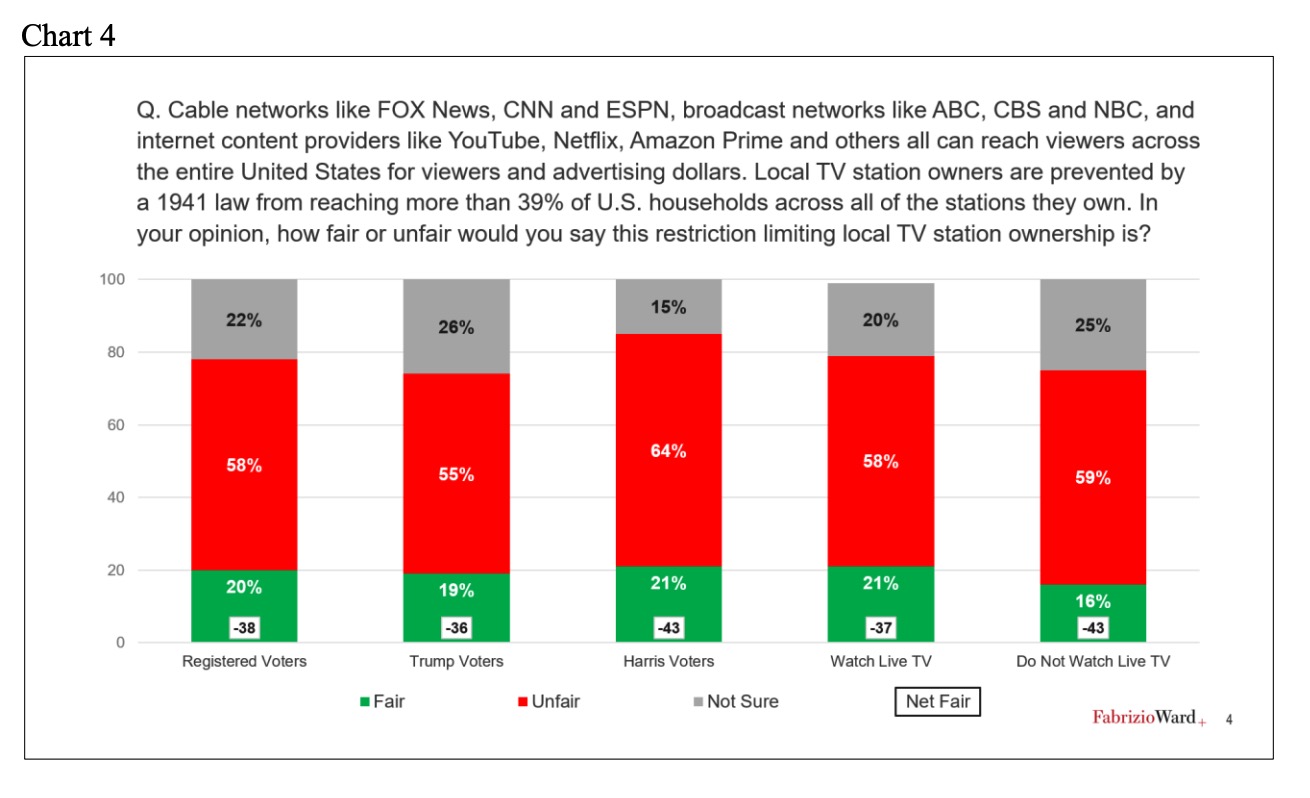A taxpayer-funded group is subsidizing noncitizens looking to purchase a home. The Hacienda Community Development Corporation (Hacienda CDC)—through its Camino a Casa program—is offering $30,000 for qualified homebuyers in Oregon, with the only catch being that they cannot be U.S. citizens.
A social media user named Oregon Citizen shared screenshots on X (formerly Twitter) of a Hacienda CDC fact sheet detailing the program. According to the screenshots, the $30,000 is available as a grant for first-time homebuyers with pre-approval for a mortgage loan in Oregon. Noncitizens can use the grant for a down payment, buy-downs of interest rates, or closing costs.
What do you think Oregon friends? Should non citizens and undocumented citizens be given $30,000 for down payments to buy a home here in the state of Oregon? Check out the requirements! ⬇️ pic.twitter.com/riGm6AuMGJ
— Oregon Citizen (@oregoncitizen_) August 9, 2024
The fact sheet clearly states that the program is only for noncitizens, including illegal immigrants. “Eligible citizenship statuses: non-U.S. citizens, undocumented persons, DACA recipients, refugee asylees, immigrants, VAWA petitioners, ITIN holders, COFA individuals, TPS recipients,” the document reads.
Meanwhile, some Oregon lawmakers have expressed criticism of the program for excluding native-born and naturalized citizens. “Oregon has a severe housing shortage, and it’s troubling that taxpayer dollars are being restricted to specific groups while many American citizens struggle to find homes,” said Oregon State Representative Ed Diehl (R) in a recent interview.
DISCRIMINATORY PROGRAM.
Hacienda CDC’s funding partly comes from the Economic Equity Investment Program (EEIP), established by the Economic Equity Investment Act (SB 1579) enacted by the Oregon legislature in 2022. The EEIP initially received a $15 million allocation to support equity-based initiatives for home purchases, business creation, and building generational wealth. In 2024, an additional $8 million was allocated to organizations, including Hacienda CDC, providing culturally responsive services for economic stability and equity for supposedly disadvantaged individuals and communities.
The EEIP stipulates that recipients should not face discrimination based on protected class considerations. However, critics suggest that the program’s design inherently involves discriminatory practices by targeting noncitizens and specific racial groups. Andrew Quinio, an attorney at the Pacific Legal Foundation, noted concerns over the constitutionality of such programs in Oregon, suggesting that they could violate residents’ rights due to their racially discriminatory nature.
Oregon’s lack of affordable housing is at crisis levels, with only 19 percent of residents in the Portland metro area able to afford a median-priced home, according to recent data from the Oregon Office of Economic Analysis.




















